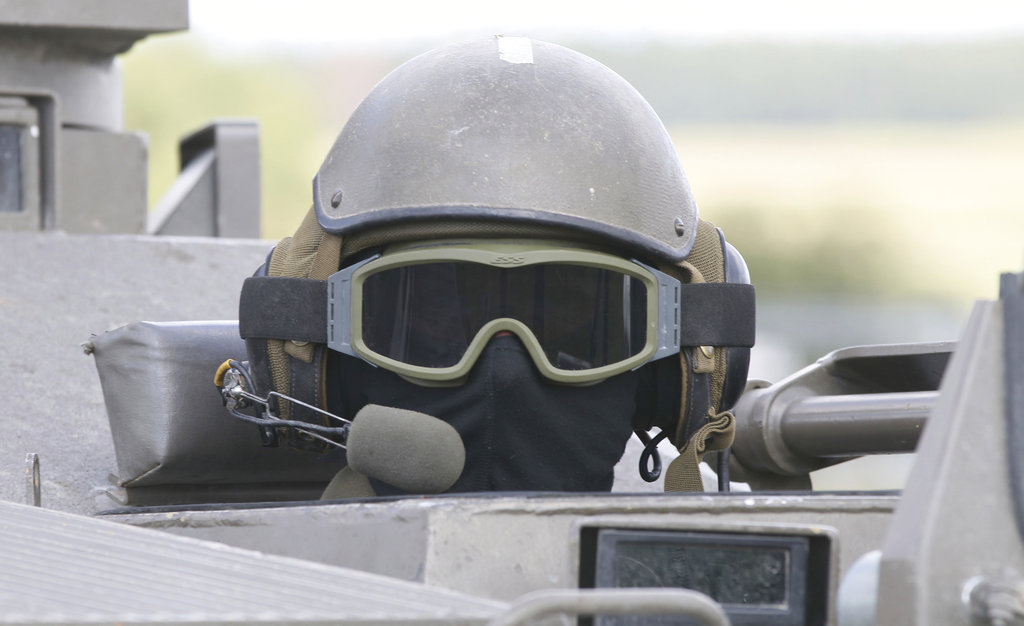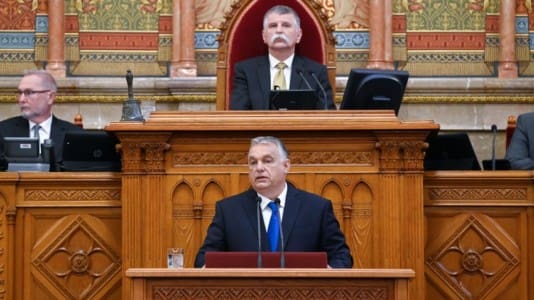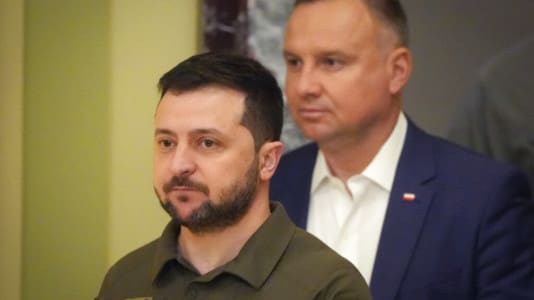An open letter by over 50 prominent Austrian public figures to Austrian President Alexander van der Bellen has reopened the debate about the country’s 67 years of neutrality.
In the letter signed by diplomats, former cabinet members, security analysts, businessmen and publicists, published in Austrian daily Die Presse, they wrote that Austria must immediately reevaluate its position regarding neutrality.
“Russia’s war of aggression against Ukraine is not only a crime and a tragedy, but also the last warning call to the free world, to which Austria also belongs. If we want to maintain our life model of an independent, democratic society committed to the rule of law, we urgently need to engage in an honest discussion about how and with what skills we want to defend ourselves,” the authors wrote.
Austria officially became a neutral country in October 1955, when it finally signed the Austrian State Treaty. Promising neutrality was the only way Austria could at the time end the 10-year occupation of the Allied Forces (the U.S., USSR, UK and France).
However, major political parties currently seem committed to neutrality.
“Austria was, is and will remain neutral,” Chancellor Kalr Nehammer of the Austrian People’s Party (ÖVP) said in March.
The Social-Democrats (SPÖ), currently Austria’s most popular party, are also in favor in maintaining the country’s neutrality. SPÖ President Pamela Rendi-Wagner said also in March that the country’s neutrality is “non-negotiable”. With the right-wing Freedom Party (FPÖ) also in favor of neutrality, it is only the liberal NEOS party which indicated that neutrality should be re-examined.
An April poll also indicates that 70 percent of Austrians are against NATO membership, but would accept closer defense cooperation within the European Union.





